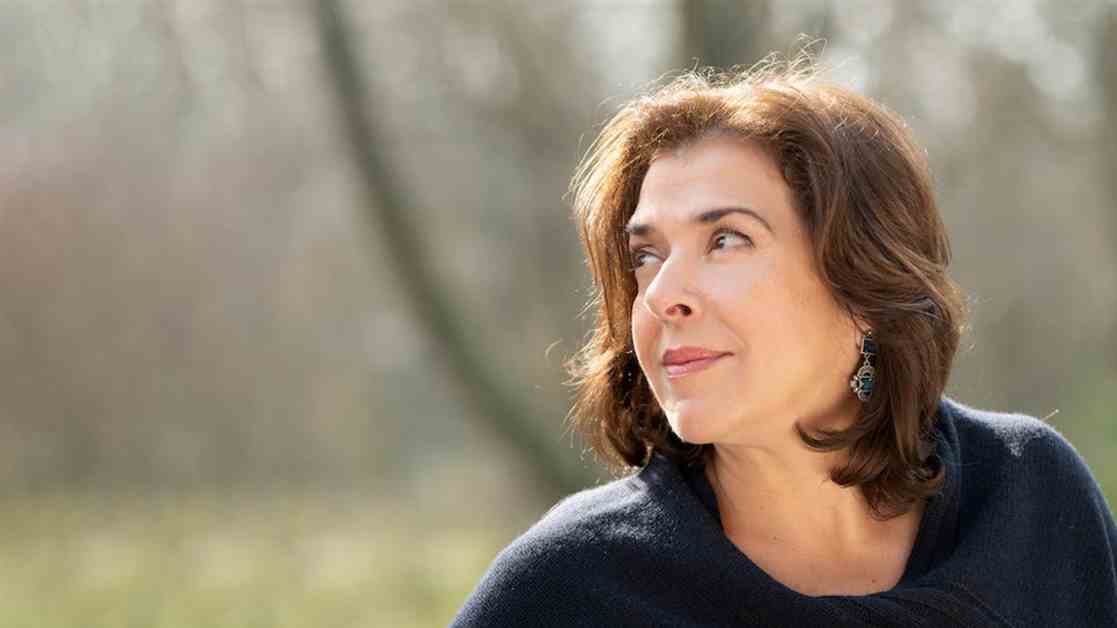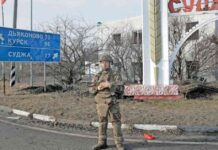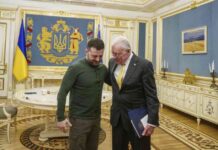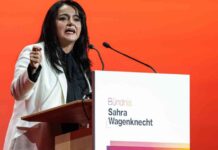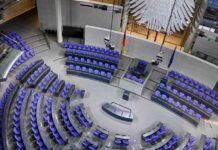Intonations Festival Berlin 2024: Glowing Embers
The piano has the upper hand. The human voice at a disadvantage. Violin, viola, and cello just right, as it turns out later in the evening. The acoustics at the Kühlhaus am Gleisdreieck are unfair: when it comes to classical chamber music, the dynamics of the sound sources are crucial, and also a bit of where everyone is seated. The audience gathers in a horseshoe shape around the performers of the opening concert of the latest edition of „Intonations.“ This exclusive Berlin branch of the „Jerusalem Chamber Music Festival,“ curated by pianist Elena Bashkirova with wit, intelligence, and courage for over two and a half decades, is now taking place for the second time in the atmospheric industrial building. As soon as it starts, it is clear that seats in the front row are not the best.
Daniel Barenboim is sitting on one of them. As a listener. After all, he has been part of the illustrious „Intonations family“ since the early days in Jerusalem, as Bashkirova refers to her top musicians from near and far during the welcome. He listens to his wife with eyes like glowing embers as she duets with Denis Kozhukhin in Antonín Dvořák’s Slavonic Dances. The two are enthusiastic and, as mentioned, have the advantage. Dvořák’s Biblical Songs op.99 are less fortunate. Bashkirova’s laconic antithetical accompaniment ultimately outshines René Pape’s admirably operatic baritone. The room acoustics are simply unforgiving, especially for the ascetic, introspective, recitative gestures of this Czech-language adaptation of David’s Psalms from the Kralice Bible. The quiet notes are lost. The octave jump to falsetto at the end of the sixth song (after Psalm 143) flickers out like a candle without oxygen.
Afterwards, everything gets better and better. The symbiotic alliance of Mihaela Martin’s violin and Sindy Mohamed’s viola sound in Hans Krása’s dance piece, complemented by Tim Park’s blossoming cello tone, is enchanting. The contrast between this cheerfulness and the angry mockery of Lord Byron’s Ode to Napoleon in Arnold Schönberg’s twelve-tone setting is shocking. The cast is luxurious, with Kathrin Rabus, Madeleine Caruzzo, Gerard Caussé, Astrig Siranossian, and Yulianna Avdeeva, along with Dietrich Henschel as the speaker, coordinated by Lawrence Foster.
However, the highlight comes at the end with an early Schönberg piece: the romantically passionate and finely nuanced interpretation that Michael Barenboim and five other musicians deliver of the string sextet „Transfigured Night“ op.4, after Dehmel. Father Barenboim had already left by then. He missed out.
